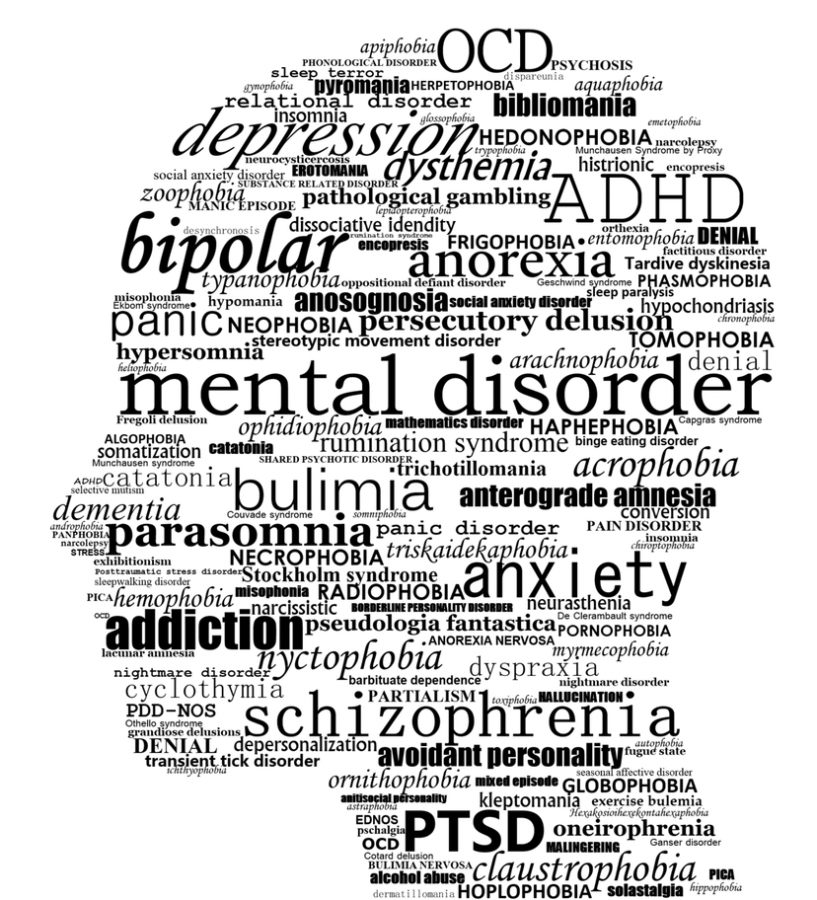The Importance of Mental Health
March 27, 2023
In today’s society, the struggles of teenagers are commonly brushed off and excused as nothing, especially if they are stuggling mentally. There are many parents who don’t believe in mental health issues, and this typically stems from something psychologists call generational trauma. When a student is struggling mentally and their grades inevitably begin to drop, they are almost always labeled as “lazy” or “searching for attention.”
These thoughts and beliefs are unhealthy and will ultimately make things difficult for children in the years to come. Mental health issues do no discriminate, and they can affect anyone, no matter how smart they are, what social class they belong to, or who their parents are.
The most important thing to remember about mental illnesses, however, is that – like most physical illnesses – they can be cured.
Most of the current generation’s parents were raised to be successful no matter how badly they were struggling internally. They were practically told to just deal with it and move on. Once those people had children who turned out to struggle with their mental health, they ultimately passed those beliefs onto their children. While it may seem helpful to the parents, it comes off as extremely invalidating to their suffering children.
Mental health awareness is a very important issue, with nearly 20% of high school students reporting of serious thoughts of suicide and 9% reporting of actually having attempted it themselves according to the National Alliance on Mental Illness in 2022. While these numbers may seem low, anything over 0% when in regards to the lives of teenagers is too high.
The solution to this problem is more simple than most people believe: Be there. Whether it’s for your child, your student, your niece or nephew, or your friend, just try to be there the best you can. Check in on the people around you and make sure they know that they are not alone. Many teenagers who struggle with mental health issues often feel emotions like hopelessness, anxiety, loneliness, and isolation.
Many young adults, usually from the ages of 16-19, who struggle or have struggled with mental health issues are very set on breaking the cycle of generational trauma and helping their children or friends in ways that others simply did not help them.
Despite what a wide majority of adults believe in today’s society, mental health does exist, and it does matter.












